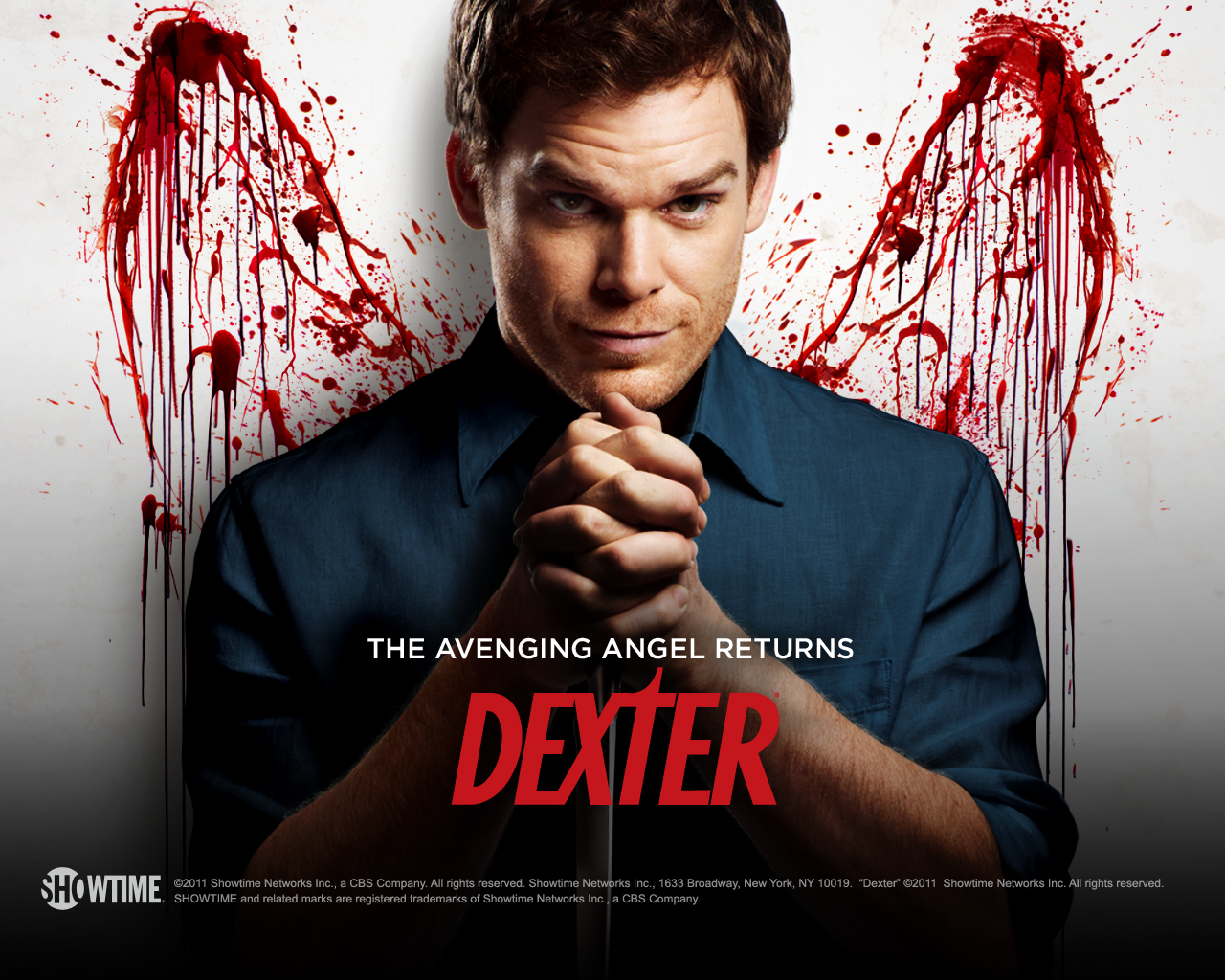Before taking a look over any of Nuri Bilge Ceylan's movie I wanted to know who he was, and turns out he is one of the finest photographers out there. The movie I am going to talk about is a simple but unique and very much relevant way of introducing his audience to his lifestyle or the life-experiences he's been through. I heard that his work is influenced by Abbas Kiarostami, who played a singular role to define films representing middle-eastern identity and it's consequences. After Taste of Cherry (1997), Abbas Kiarostami made his very own language of cinema which I found worthy of naming it 'new wave cinema' but perhaps for my little knowledge of cinema, I still see his works artistically weaker than other European film poets. I said this much about Abbas Kiarostami because Uzak (2002), from my point of view was born from him, Nuri being a very artistically blessed follower of him, carried the movie beyond his idol's cine language and successfully made his first film poetry with a true Tarkovskiyan ending. Once Upon A Time In Anatolia (2011) is in my possession now and despite all the fantastic reviews I have no plan to watch it soon because I've been drowned in Uzak. This film has everything to be categorized as the signature work of the turkish director and at the same time an era-defining masterpiece.
The story is almost insignificant and so is the camera-work, they didn't represent anything out of the box. The event portrayed here can happen to anybody who's from a sub-urban area and now doing pretty well or average in the capital city. Sudden closure of a factory created a reason for Yusuf to come to Mahmut, the protagonist in Istanbul. Mahmut probably thought or really believed that Yusuf could stay with him for a little while and when he finds a job he will be gone. On a second thought, I really don't think that Mahmut, the character has the emotional attachment or concern for thinking about it at all. The obvious distance between them gradually being uncovered, and in a very complex circumstances Mahmut lost his temper and showed his inner individualistic selfishness. Yusuf silently is gone from the story, and Mahmut with all his post-modern complexions remains the man he was from the first. Nothing changes, a 40 year old independent photographer and his world of untold bizarre delusion are all that's left at the ending scene, which mesmerized me and hurt me with it's unbearable depression and it's unfathomable depth that hits right into your senses.
If the story is this short, what makes the strength of a film to make it's viewer stoned? For Uzak, most of the credit goes to the two lead actors, their performances can be described as real, which i think is rare to see in movies these days. The whole movie stands upon a pool of short conversations, looks on faces, events that are very normal but considered insignificant. An immensely challenging work of executing all these little details and turn them into the fibers of a post-modern tale of life, is done with a delicate photographer's hand. That's why the slow pace, lack of human connection, even the exhibits of disgusting habits cannot ruin it a bit. Happy to see the beautiful Anatolian steppes off course through the eye of a great photographer, and the snow-falling shown in such a nostalgic style, remarkable.
Greatest European film-poet of his time Andrey Tarkovskiy stated that Art is born out of an ill-designed world. These out of the world incredibly beautiful and deep movies wouldn't be there if the world was perfect, the crisis and dysfunction in the system provoke an artist to show the world how exactly it feels. The extent to which an artist is capable of performing the act, that has no objective measure or standards. Nuri Bilge Ceylan is undoubtedly one of a kind jewel in contemplative cinema who has already been showing simultaneously the maturity of a european film-poet and the artistic indifference inherited from the middle-eastern new wave.












